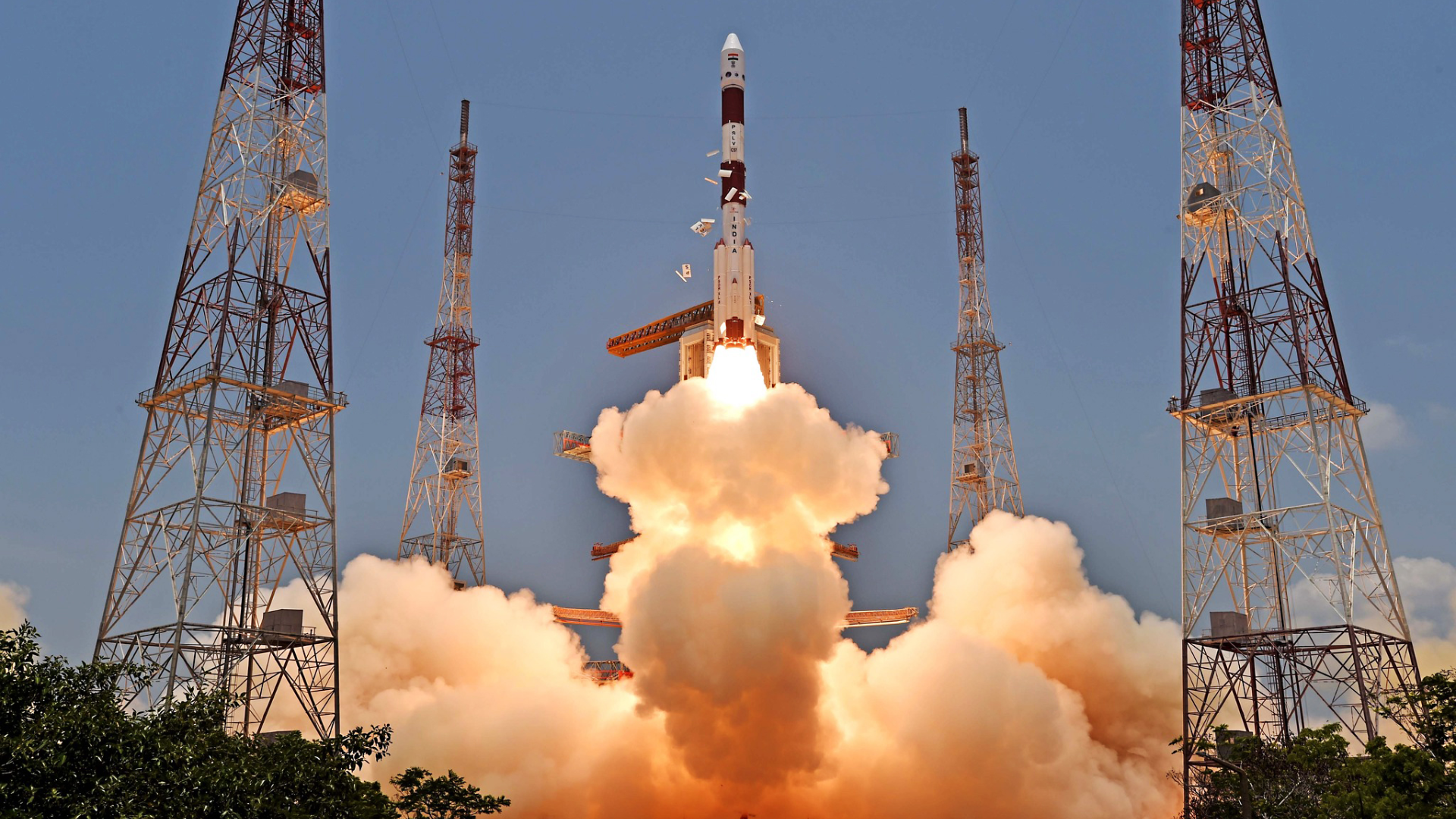The Indian Space Research Organisation (ISRO) announced on Monday that its PSLV Orbital Experimental Module-3 (POEM-3) has successfully re-entered the Earth’s atmosphere without leaving any debris in orbit, marking yet another milestone for the organization.
Describing it as a significant achievement, ISRO stated, “The PSLV-C58/XPoSat mission has effectively minimized debris in orbit.”
The mission, which was executed on January 1, 2024, saw the primary objective of deploying all satellites into their designated orbits being accomplished. Subsequently, the terminal stage of the PSLV was transformed into a 3-axis stabilized platform known as POEM-3. This stage was de-orbited from 650 km to 350 km to facilitate its early re-entry, and precautions were taken to remove residual propellants, reducing the risk of accidental break-up.
POEM-3 was equipped with nine experimental payloads aimed at conducting technology demonstrations and scientific experiments on newly developed indigenous systems. Six of these payloads were provided by NewSpace India Limited (NSIL) through the Indian National Space Promotion and Authorization Centre (IN-SPACe). The mission successfully achieved its objectives within a month.
Over time, the orbital altitude of the upper stage decreased due to natural forces, primarily atmospheric drag, leading to the expected impact of the module (NORAD ID 58695) in the North Pacific Ocean on March 21, 2024, at 14:04 UTC (19:34 Hrs. IST).
Through the POEM initiative, ISRO has created a cost-effective platform for conducting short-duration space experiments, providing opportunities for academia, startups, and NewGen entrepreneurs (NGEs) to experiment with new payloads. Numerous startups, universities, and NGEs have capitalized on this opportunity, conducting experiments in space, including testing electric thrusters, satellite dispensers, and star-tracking systems. POEM also incorporates innovative features such as total avionics in single-chain configuration, industrial-grade components in avionics packages, and new in-orbit navigation algorithms.
To ensure effective experiment conduct onboard POEM-3, body rates were stabilized to less than 0.5 deg/s throughout the mission. Innovative measures, such as controlled dumping of residual propellant post-main mission, were introduced to minimize disturbances during passivation.
The Vikram Sarabhai Space Centre (VSSC) played a pivotal role in conceptualizing and realizing the POEM by enhancing the fourth stage of PSLV. PSLV-C58/XPoSat marks the third successful mission in the POEM series. Payload operations were efficiently managed by the spacecraft operations team from the mission operations complex (MOX) at ISRO Telemetry, Tracking, and Command Network (ISTRAC), with ISRO’s System for Safe and Sustainable Spacecraft Operations Management (IS4OM) overseeing orbital decay analysis.
Throughout its trajectory, POEM-3 was tracked by ISTRAC ground stations, with the Multi-Object Tracking Radar (MOTR) at Sriharikota also monitoring the PS4 stage until the morning of March 21. The mission received support from various ISRO centers, including the UR Rao Satellite Centre (URSC), Liquid Propulsion Systems Centre (LPSC), and Indian Institute of Space Science and Technology (IIST).
ISRO reiterated its commitment to providing a cost-effective orbital experiment platform. Recognizing the growing threat of space debris, particularly with the proliferation of small satellite constellations, ISRO affirmed its responsibility as a space agency to mitigate this threat through the development and implementation of advanced debris tracking systems, space-object deorbiting technologies, and responsible satellite deployment practices, ensuring the sustainability of orbital environments for current and future space missions.























